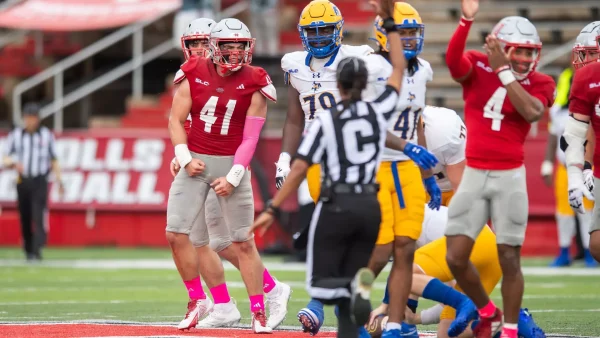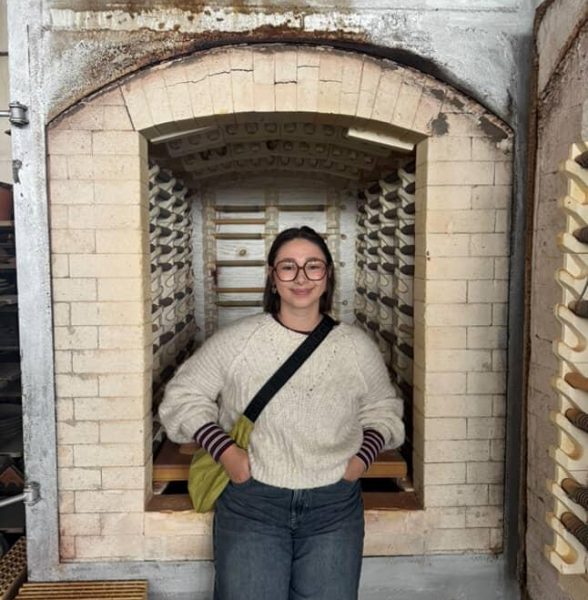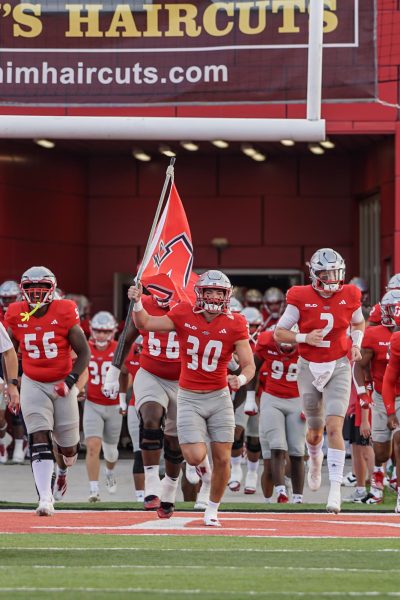Honors students recap on trip abroad to Costa Rica
Six honors students explored the natural and cultural life of Costa Rica over the winter break through the University Honors Abroad Program.
The Honors Program, directed by John Doucet, has sponsored this trip to Costa Rica for ten years. A series of requirements are established for the trip to reward the students that exemplify excellence in the honors program. In order to be eligible for the trip to Costa Rica, a student must be in good standing with the University Honors program by maintaining a cumulative GPA of 3.2 or higher, having earned 12 or more hours of honors credit and having developed a topic for his or her thesis.
The trip fulfills the humanities elective for all majors, an incentive the Honors Administration hopes will entice a wide range of students. Because of changes in the University’s fees, the trip is now a three-hour course as opposed to it previously fulfilling six hours.
Since the University recognizes the trip as a course, Doucet said that the selection process for the professors accompanying the students is also competitive. Allyse Ferrara and Simpson are the teachers who accompanied the students on the trip this year. Richard Grabert, a senior in marine biology, said the teachers were “absolutely incredible” for “knowing Costa Rica better than…one of the best tour guides in the country.”
The cost of the trip is contingent upon the amount of hours in which the student is currently enrolled. Yet another incentive of the trip is, since its establishment, there exists a large fund of private donations used specifically to heavily subsidize student travel and reward hard-working students with global experience.
The trip to Costa Rica gives an opportunity for global, multicultural and economic experience, by exposing the students to practices such as ecotourism, which Doucet feels would be well suited for the Lafourche-Terrebonne region, if ever developed.
Grabert said he was most impressed by Earth University, an institution that takes students from developed countries into tropical areas like Africa and South America to learn practical organic agricultural skills. The students learned these countries need organic processes since they don’t use the same chemicals that privileged countries use, mainly because they don’t have access to these chemicals in their own countries.
Grabert said he was amazed at the wildlife that surrounded them throughout the trip. Students learn through first-hand experiences such as hiking through forests and to the tops of volcanoes. Jordan Logarbo, a junior in marine biology, also expressed what she experienced on the trip.
“Even though they’re bouncing back from a recession, I just felt like everything was alive,” Logarbo said.
Logarbo also said that although Costa Rica is a country the size of West Virginia, they have greater bird diversity than the United States and Canada combined. Logarbo valued the times on the trip spent exploring the wildlife both on land and in the sea. In addition to her natural experience, Logarbo loves the pure, vivid culture where a popular phrase of well-being is “Pura Vida,” which means “Pure Life.”
Both students and Doucet agree the trip is a much-needed experience to “leave your bubble,” as phrased by Logarbo.
The University hosts a similar trip to England in addition to many other travel opportunities. Doucet recommends all students to strive for excellence and to seek to explore the world outside of what we know here in America.






